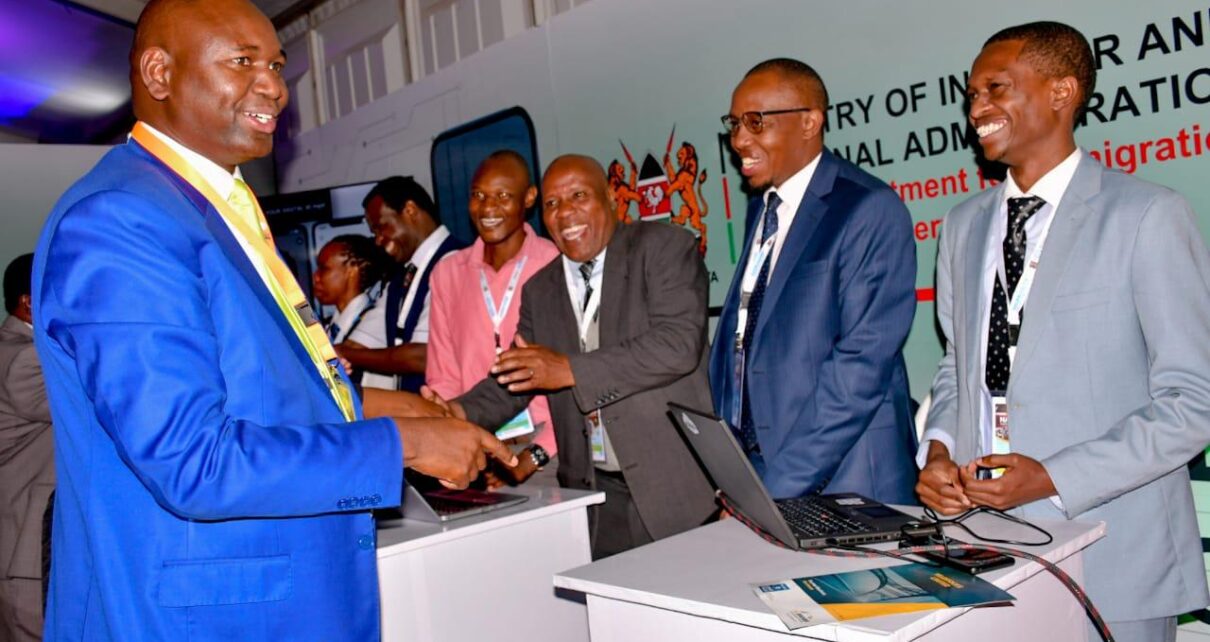The government aims to increase its daily revenue from eCitizen to at least Ksh1 billion by December, with the goal of expanding its subscriber base to 30 million users. Julius Bitok, the Immigration and Citizen Services PS, outlined that this target represents a significant increase from the current Ksh 700 million generated from 13 million users. Achieving this goal will entail ensuring that all eligible Kenyans obtain an ID, a prerequisite for registering an eCitizen account.
To promote this initiative, an aggressive publicity campaign highlighting the advantages of eCitizen will be launched. These benefits include the convenience of 24-hour access to over 16,000 online government services, regardless of the user’s location.
Speaking at the Network of Africa Data Protection Associations (NADPA) conference in Nairobi, Prof. Bitok emphasized that the government is committed to enrolling more citizens, with an average of 20,000 to 30,000 new enrollments daily. With Kenya’s adult population estimated at 32 million, reaching 13 million users marks only halfway progress. However, Bitok expressed confidence that within one to two years, the entire adult population will have a digital ID.
Kenya, through the Office of the Data Protection Commissioner, is hosting this year’s NADPA conference. The focus of the three-day event is on how African governments are advancing digital service delivery while prioritizing inclusion, data protection, and privacy.
Bitok also announced the elimination of vetting committees for ID issuance along border communities starting this month. This move aims to simplify the process of obtaining a digital National ID, ensuring accessibility for all Kenyans without discrimination.
The introduction of the new digital Identity card, known as the Maisha Card, along with its supporting ecosystem, is expected to enhance security against forgery and identity theft. The Unique Personal Identifier, or Maisha Namba, will serve as a lifelong number, eliminating the need for multiple data collections by various government agencies.
To safeguard the vast amount of data involved in eCitizen operations, measures such as periodic data impact assessments, data safety audits, and compulsory Memorandums of Understanding (MoUs) with third-party data handlers are being implemented.
Immaculate Kassait, the Data Commissioner, expressed satisfaction with the efforts made by the State Department to address data security and privacy concerns.



